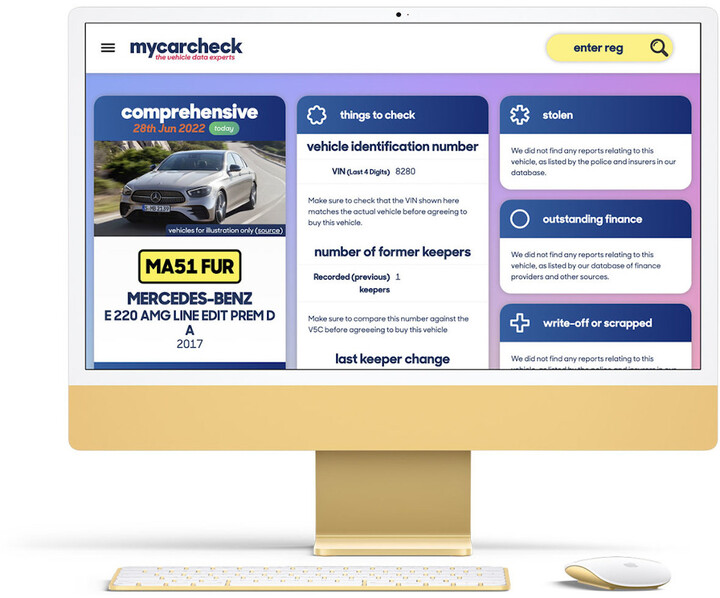
are smart motorways safe?
FREE Car History Check
See MOT history, valuations, detailed specs and more… AND upgrade to see if any vehicle has been stolen, has finance or has been written off from just £4.99
Smart motorways have been implemented on a number of roads across the UK since their inception in 2013. Before they were introduced, other kinds of ATM (Active Traffic Management) were in place. Smart motorways, however, have a high level of technology compared with other iterations, including speed cameras, CCTV monitoring, and electronic signs.
Although smart motorways are being hailed as the way forward in terms of helping ease the flow of traffic, many still find the concept confusing and have asked whether they might be more dangerous than previously thought.
In this piece, we’ll look at the key questions surrounding smart motorways and how they are likely to impact drivers.
What’s the aim of a smart motorway?
The idea behind smart motorways is to create a responsive road that changes with the flow and state of traffic at any given time, in order to help reduce congestion. This might be in the form of turning the hard shoulder into a driving lane during peak travel times, or other ATM techniques such as ALR (all lane running), or variable mandatory speed limit enforcement.
The idea is that if a road can adapt to the traffic that drives on it, travel times will be more reliable and the time spent idling in a car is reduced, making it better for the driver and the environment.
What’s the difference between a motorway and a smart motorway?
A smart motorway utilises lots of technology to create a stretch of road that responds to the conditions it faces. Vehicle detection technology monitors the level of traffic by reporting data from the equipment to the Motorway Incident Detection and Automatic Signalling system. This system checks and analyses the data and the other various aspects of a smart motorway kick in to quell congestion and help get traffic moving smoothly.
Standard motorways are as simple as they seem, long stretches of road where the hard shoulder is used as a breakdown or an area to pull over and reach emergency services. There is also no variable speed limit, with drivers expected to adhere to the national speed limit at all times, unless roadworks or other issues require a reduced speed
Do smart motorways actually work?
When it comes to their efficacy, smart motorways are a contentious subject. Whilst Highways England has said that journey reliability has increased by 22% and personal injury accidents have halved.
There have also been many campaigns set up to help drivers understand the benefits of smart motorways, as well as educational tools to help drivers use them safely. However, there is still a love it or loathe it attitude among drivers and organisations alike.
One of the criticisms is that it is a short term solution for a lack of road space in the UK and that the lack of a hard shoulder could be dangerous.
Are Britain’s smart motorways deathtraps?
It might sound dramatic, but a lot of drivers can see nothing but danger with the removal of the hard shoulder and the fact that ever-changing road rules will cause confusion.
The statistics are mixed; The Times published data from the Department of Transport that was withheld from publication which shows that the fatalities are actually on the increase. Whilst there were 11 deaths on smart motorways in 2018, the number of deaths on smart motorways per mile is now one every 17 miles, as opposed to one every 43 miles in 2016.
Some people believe that the ALR aspect of smart motorways will have influenced the number of deaths as there is nowhere to pull over in the event of an accident or emergency.
What are the smart motorways in the UK?
The M1, M3, and M6 all have smart motorway sections between certain junctions. You can find the full map on the Highways England website
Smart motorways appear to be here to stay, with the government pledging around £500million to improve their efficiency and make them safer.














